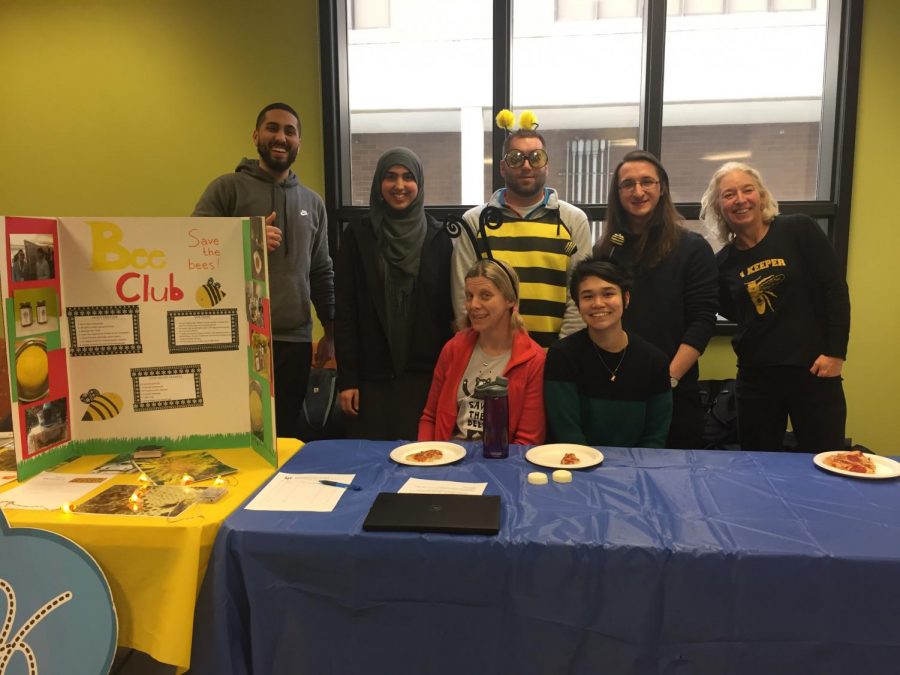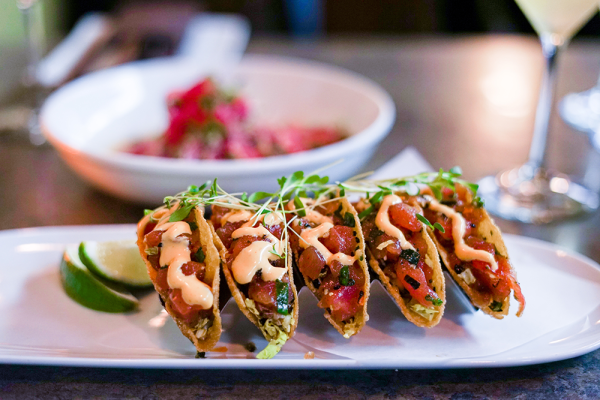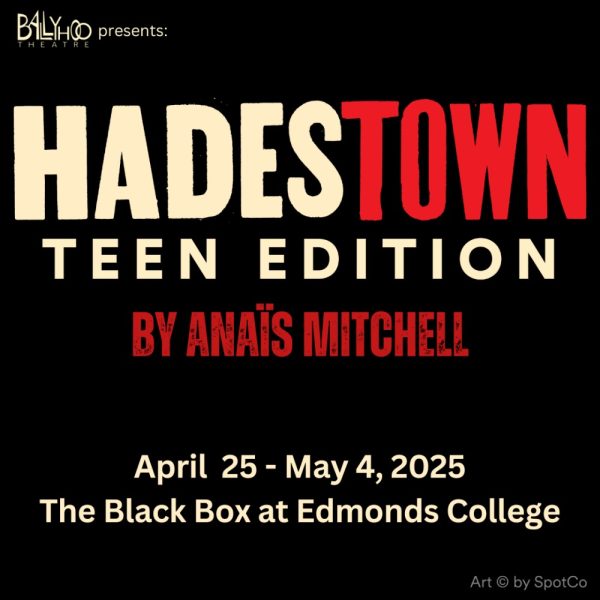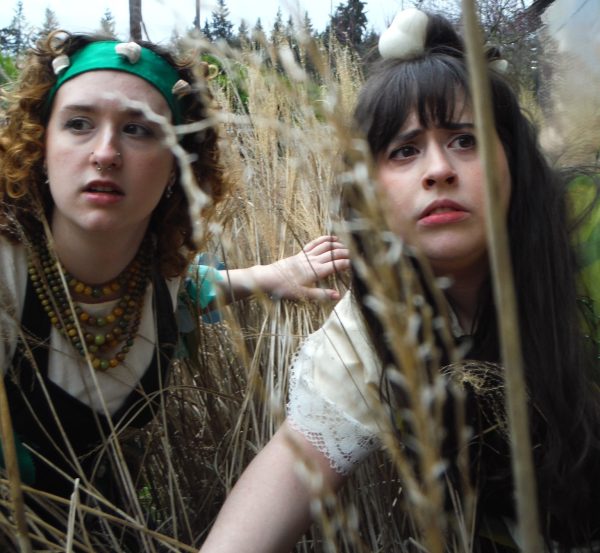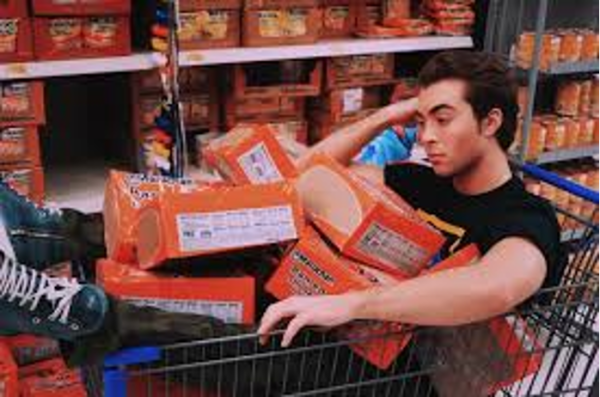The Future of Bees: To Bee or Not to Bee?
The global bee population has diminished significantly, thus placing them on the endangered species watch list, and
Edmonds Community College beekeepers have been fighting to repopulate these misunderstood creatures.
One might catch a glimpse or hear the tell-tale buzz of the honey bee, hard at work, if they were to take a stroll through the EdCC Campus Community Farm. The farm has been in action since 2012, with over 500 pounds of produce harvested. Much of what they accomplish would be considerably more difficult without the aid of these little yellow insects.
The honey bees are vital to farming, as their process of pollination contributes largely to the quality, and even the yield, of produce. With over 90 different types of crops that are propagated by honey bees, such as apples, avocadoes and cherries, it should come as no surprise that most of what we put on our plates each day is as much a courtesy of the bees as it is of the farmers.
For most of us, however, the sound of a buzzing swarm may cause our hearts to race and our minds to panic. Mary Whitfield, a chemistry professor at EdCC and the founder of the beekeeping club, assures us that this is normal. “That’s a natural human response,” says Whitfield. “And even me, when I hear that, I’ll run away. It’s just a part of nature.”
Whitfield, who also keeps bee colonies at her home, is fully captivated by the insects. “They’re just amazing creatures. The way they kind of work as a community is fascinating to me; it’s like a little society,” she said. “It’s got all these well defined social structures within the colony. We think we humans are the only ones that have these sort of things.”
Whitfield adds that the club offers many opportunities for students of to walk away with great experiences. “You can become an expert beekeeper if you want, or you can simply just watch the bees and participate in our other activities which are around extracting the honey or making bee-related products.”
But if you’re still not sold on the idea of getting up close and personal with a few honey bees, then just remember that club members wear plenty of protective gear. “We have people [in the club] who are afraid of bees, and one of our last bee club presidents, I think a year or two ago, was terrified of bees and he decided that the way to deal with that was to get up close with the bees. So he put on a suit and got in there,” said Whitfield.
What was true of the bee club president from a year or two ago is likewise true of the current president of the club, Teo Gebrehanna. He says he joined the club precisely because he wanted to overcome his fear of bees. “And I also just wanted to learn more about them. They’re an endangered species that I’ll do everything in my power I can to help out with repopulating.”
Something that Gebrehanna has learned about bees in his time as president is that they’ll perform what he refers to as
the “waggle dance.” While it sounds absolutely adorable, Gebrehanna says this is a way in which honey bees communicate the location of a potential food source.
As the president of the beekeeping club, Gebrehanna has to help manage the club’s finances alongside Whitfield, and also keep club members on task during events. Such events include the recent showing of the film “Flight of the Butterflies” at the Black Box Theatre, where the bee club arrived to sell fresh honey that was made on campus by our
very own honey bees.
In a world of industrialized produce, farm-fresh honey produced by your community is an extremely appealing idea, and one that EdCC’s own president, Dr. Amit Singh, wholeheartedly endorses. “I like honey. Nothing better than having your own pure honey from your own garden. That is something so special to me,” says Singh.
Singh’s family is originally from India, where his parents worked as farmers and also kept bees in their garden. “There
was a program by the local government, where they were trying to encourage people to raise bees. We just had to volunteer. So they gave us a couple of boxes and there was an employee of the government who would help you do this. He would come out whenever it was time to extract the honey.”
According to Singh, his family’s farm had a wonderful garden, full of roses and other assorted flowers. He added that with each season, and depending on which flowers were in bloom, you could actually taste a difference in the honey that the bees produced.
With regards to the club here on campus, Singh is fully supportive of their mission. “What they’re doing is good for
nature, for the bees population, which is important as we all know.” And yes, even he too is afraid bees. However, just like Whitfield and Gebrehanna, he stresses the importance of the beekeeper’s signature attire. “As long as you have the protective gear then you’re fine.”
Gebrehanna also offers some more wisdom in conquering a fear of bees, whether you’re in the club or happen upon
a hive out in the wild. “As long as you’re nice and respectful to the bees, and you stay calm, the bees are gonna show you
that same amount of respect back.” He also adds that it’s not the bees that are there to hurt you, “it’s the hornets that are.”
So whether you’re a chemistry major, fascinated by the process of pollination, or even a psychology major who is intrigued by the societal patterns in honey bee colonies, the beekeeping club at Edmonds offers something for everyone. And if you can’t participate directly in propagating the population of our little yellow buddies, you can always help support the club’s endeavors by buying some of their honey. The bees worked hard on it, after all.

